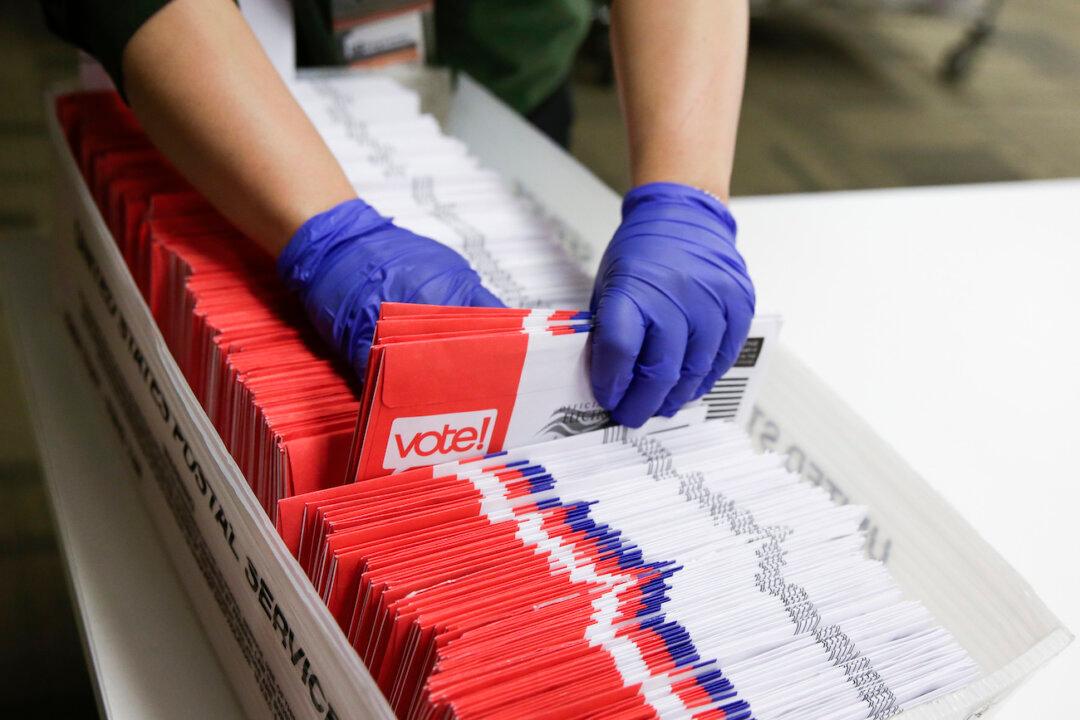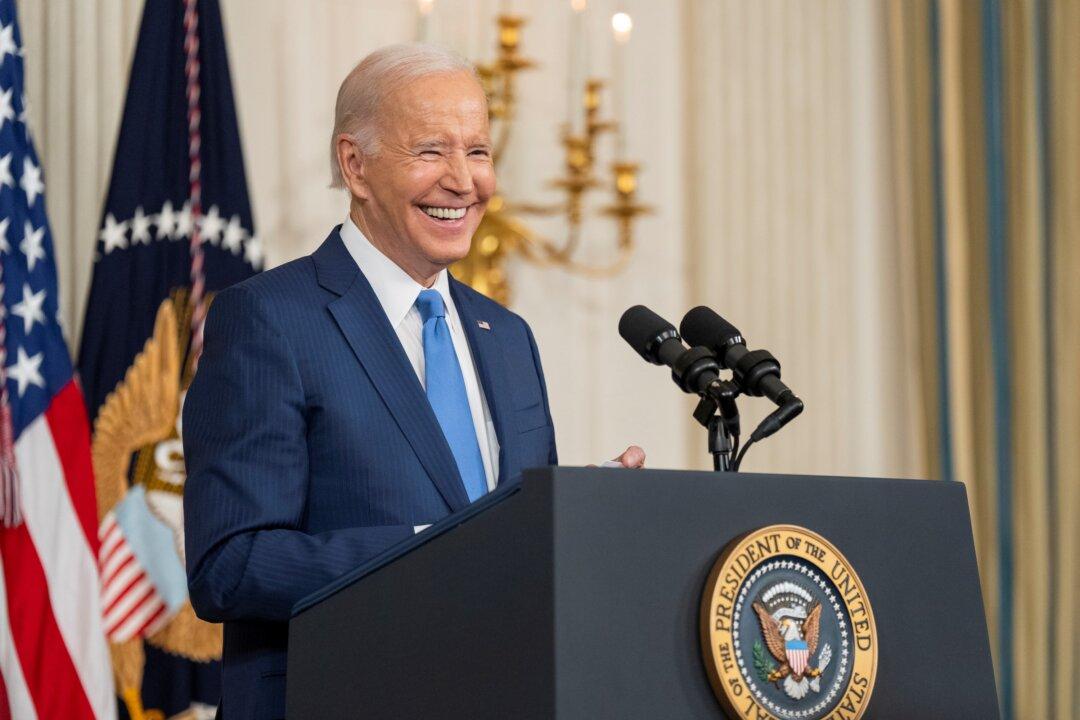News Analysis
Even as Democrats such as Sen. Sheldon Whitehouse warn of a “right-wing dark-money network seeking to undermine the future of democratic elections in the United States,” progressives have far outstripped Republicans in harnessing the power of putatively nonpartisan, nonprofit organizations that push the boundaries to win elections.






